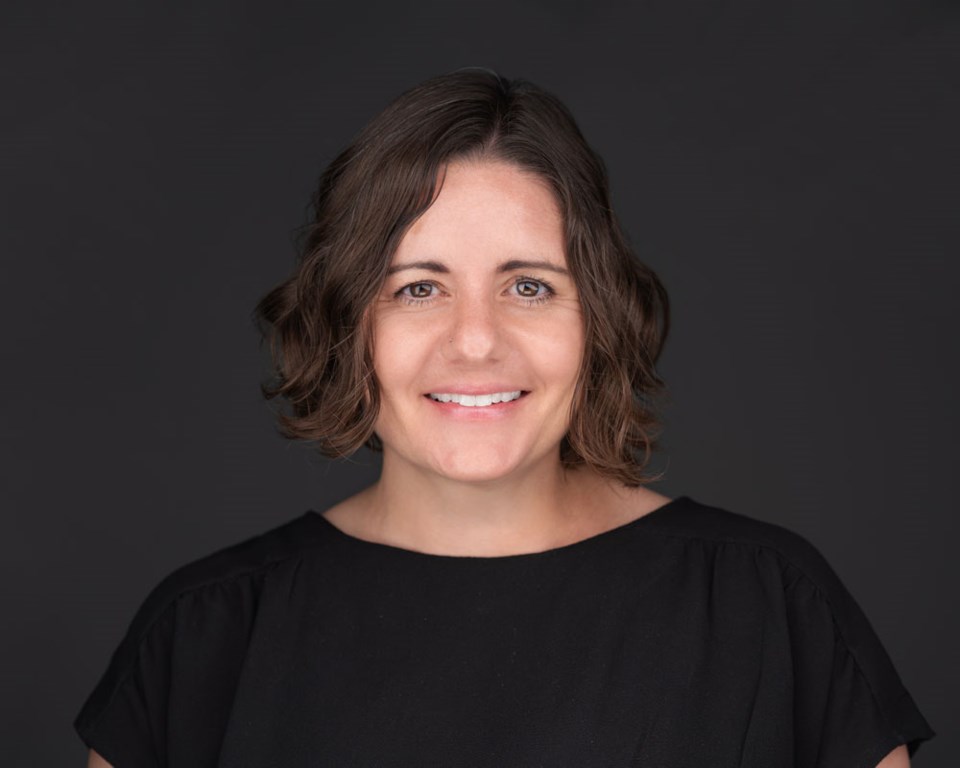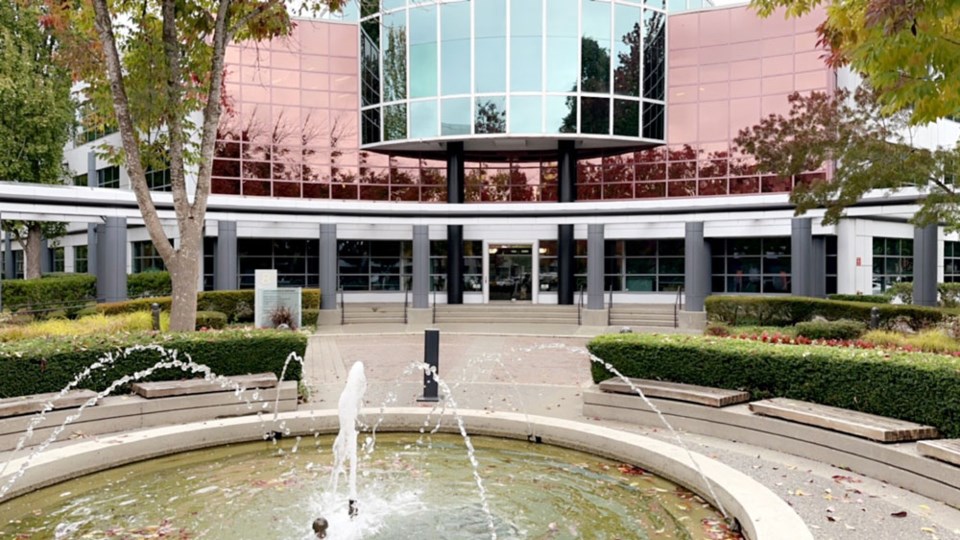Okanagan Clinical Trials, a long-standing neurological research center dedicated to changing lives and advancing medicine, has opened a second location in the Lower Mainland, and is offering free memory testing to the community.
The Richmond Memory Clinic is pleased to offer comprehensive cognitive assessments to help residents monitor their brain health.
“We have more access to diagnostic tools for memory issues in a clinical research setting than in general practice,” Neuroscientist and President of Okanagan Clinical Trials, Dr. Kim Christie says.
Dementia is the term for memory issues. While memory tends to decline as we get older, anyone with memory problems that are not typical for their age has a form of dementia. The leading cause for dementia is Alzheimer’s disease.
“People tend to manage better if they are diagnosed with Alzheimer’s earlier in their disease progression, before their memory worsens,” Christie says.
“Most people gain a sense of control over their health by knowing that this is to come, and this helps them sort out their affairs. It gives people empowerment to understand what they're going through.”
While family doctors do some memory testing, it is nowhere near as comprehensive as what is offered by the Richmond Clinic.
“When I was working in Kelowna 10 years ago, I realized there were so many people in our community who don’t have their memories assessed by physicians,” Christie says.
“People were saying the doctor would give a short assessment and advise that they were fine, or would not do one at all.”
This inspired Christie to offer free memory testing at Okanagan Clinical Trials as a way to give back to the community. While it’s in partnership with the clinical research that they do for the pharmaceutical industry, there is no obligation to participate.

The memory assessments take 45 minutes to an hour, and include an interview with patients to understand how they feel their memory has changed.
With permission, the clinic will send the results to the patient’s doctor so it’s part of their medical record.
“If, at the end of the assessment, we have a clinical trial we think they might be eligible for, we ask them if they want to participate,” Christie says.
“Our memory assessment doesn’t diagnose anything, it just tells them what to expect for their age.”
However, if the results come back abnormal, the clinical research setting offers a quicker route for diagnosing the issue.
“People who are experiencing memory problems and don’t know why can get withdrawn and depressed because they don’t understand what’s causing the issue,” Christie says.
“When they know, they can tell their loved ones and build a support system around them. That’s the real benefit.”
Christie and her team have expanded their memory testing into Richmond to create easier access to this needed service and expand their pool of clinical research participants.
“By opening a clinic in Richmond, it will allow people with more diverse backgrounds to access clinical research,” Christie says.
“It’s really important that we get diverse people enrolled so we can make sure that any medication we test works on everyone of all backgrounds.”
To learn more about how to book your free test, visit richmondclinicaltrials.com.



